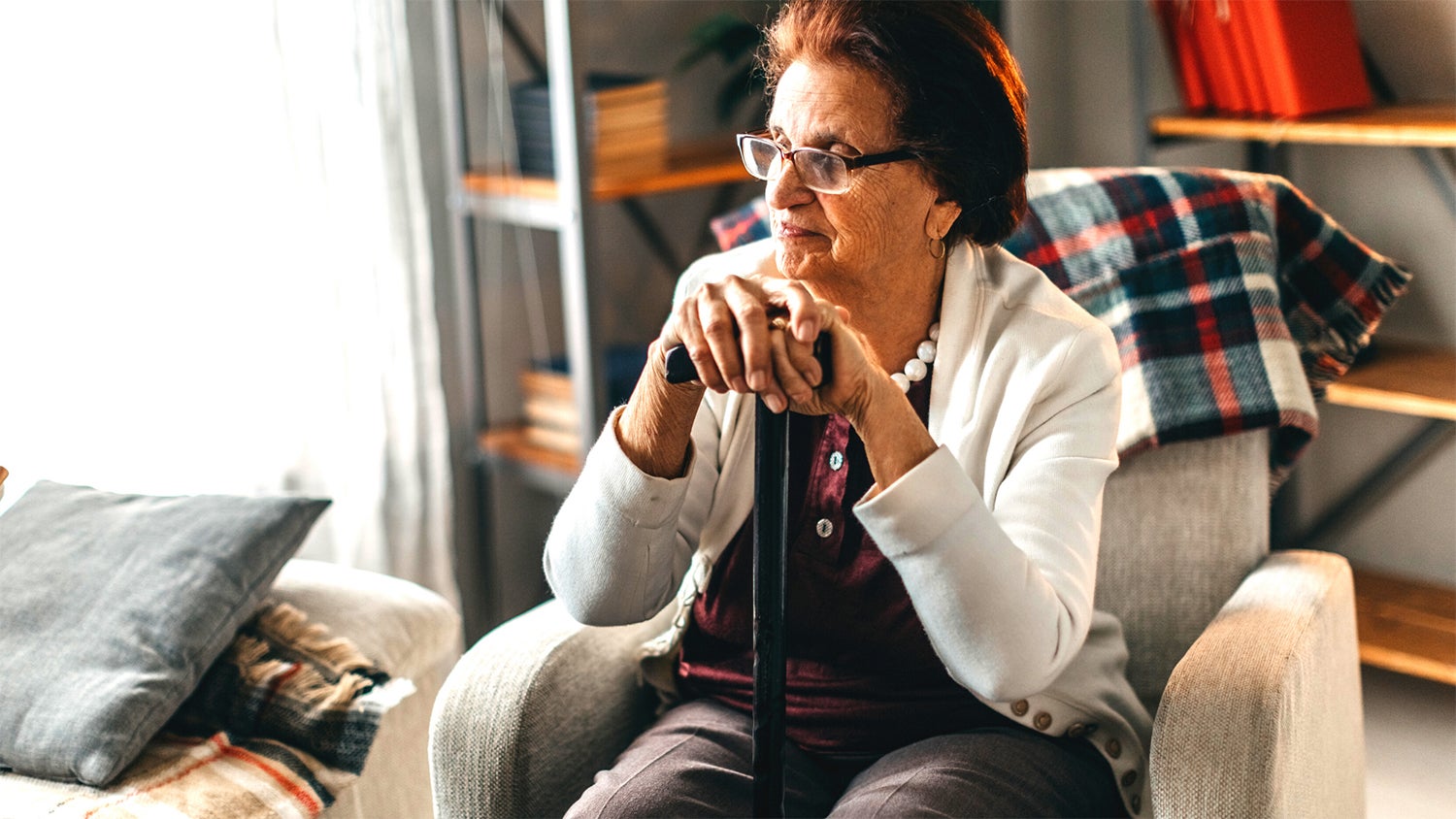Understanding the dangers of isolation for older adults
Before COVID-19, there was robust thinking and conversation about social isolation and loneliness being the next public health crisis. Research provided ominous warnings about the broad impact of the pandemic, including a finding that isolation among older adults is associated with a 50 percent increased risk of dementia.

Now we’re gaining insights into what a crisis within a crisis looks like through the research of Edson College’s Center for Innovation in Healthy and Resilient Aging.
The center’s pandemic-related work includes a three-wave study on “Aging in the Time of COVID-19” and numerous focus groups, including older adults with chronic illnesses from Alzheimer’s disease and Parkinson’s disease to diabetes and heart disease, family caregivers of older adults, and providers who work with family members or older adults with chronic illnesses.
Under the direction of Edson College Associate Dean and Professor David W. Coon, the new center launched in the spring of 2019 with a mission to advance research that helps solve challenges in aging and also to advance training in aging principles and best transdisciplinary practices to help manage those challenges in the communities we serve.
A year later, the center would be among the first out of the gate to study the impact of pandemic protocols that forced older adults most at risk of serious illness from the virus to essentially isolate in place.
The center’s culture of interdisciplinary research helped produce a COVID-19 survey for older adults that included questions about fears of the virus, ageist attitudes among health-care professionals, depression, and intimacy. It’s promising to know that analysis of the data has gone in multiple directions and several papers are expected to be published this year. And there may be opportunities to mesh lessons learned from the pandemic-related study and the focus groups.
All of this - the data, the literature, the community relationships – will tell us more of what we didn’t know about a challenge that is sure to repeat. We know the odds of natural and manmade public health crises and disasters are increasing. We’ll have to get better at ensuring older adults and family caregivers have access to care and protections against social isolation and loneliness so the response to their needs will be better than what we’ve seen during the last year.
